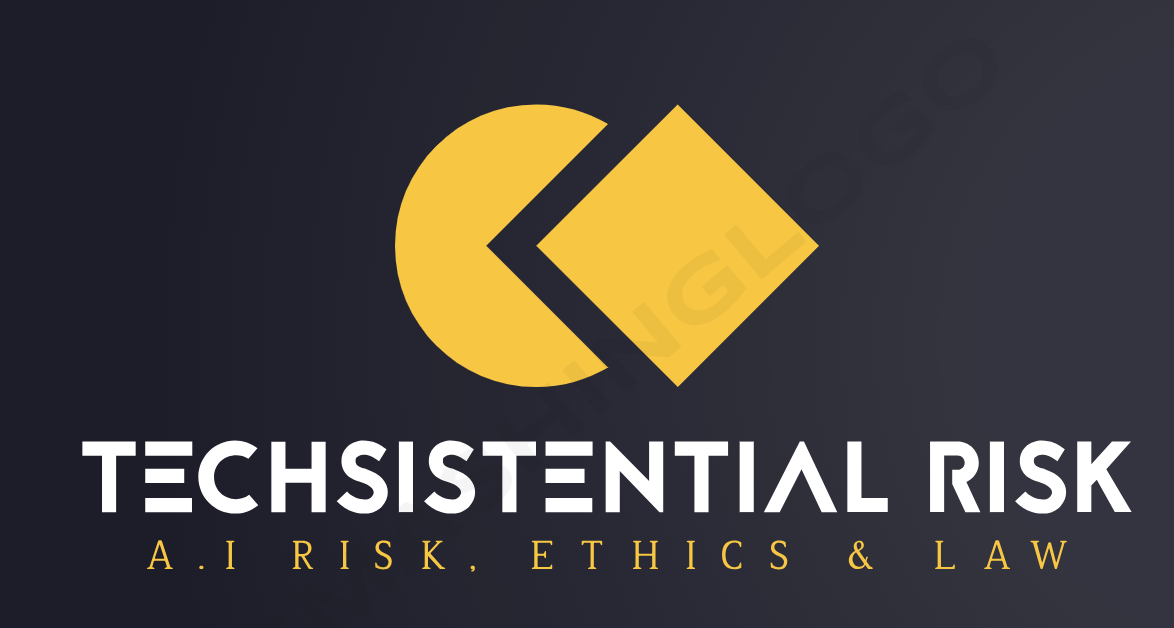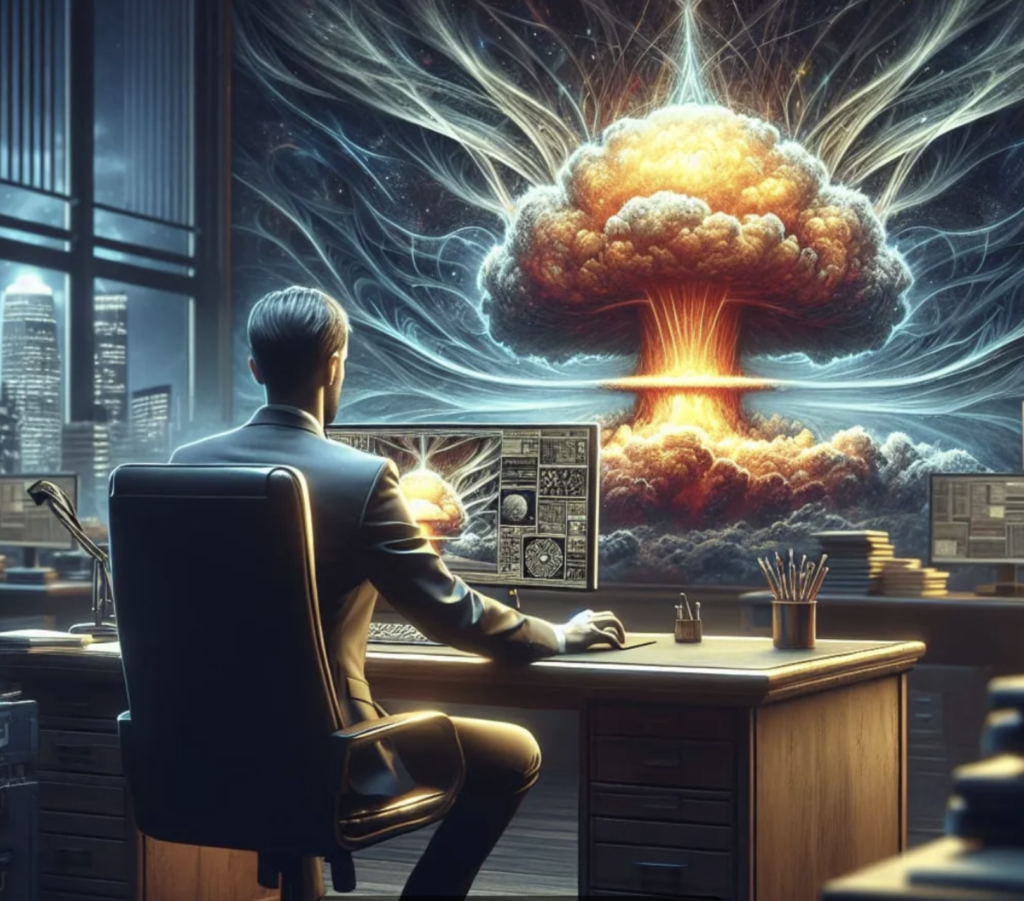NYT is reporting that a group of current and former employees is calling for sweeping changes to the artificial intelligence industry, including greater transparency and protections for whistle-blowers. Daniel Kokotajlo, a former researcher in OpenAI’s governance division, is an organizer of a group of former and current employees who say the company has a reckless culture stating “OpenAI is recklessly racing to be the first AGI developer there”.
A group of OpenAI insiders is blowing the whistle on what they say is a culture of recklessness and secrecy at the San Francisco artificial intelligence company, which is racing to build the most powerful A.I. systems ever created.
The group including nine current and former OpenAI employees share concerns that the company has not done enough to prevent its A.I. systems from becoming dangerous and is putting a priority on profits and growth as it tries to build artificial general intelligence, (AGI) and claim that OpenAI has used hardball tactics to prevent workers from voicing their concerns about the technology, including restrictive non-disparagement agreements that departing employees were asked to sign under threat of loss of share rights
The group published an open letter on Tuesday calling for leading A.I. companies, to establish greater transparency and more protections for whistle-blowers. A leading UK AI lawyer and researcher Nick Lockett has criticised the culture of putting CEOs, CFOs and CIOs in charge of safety teams (also known as red teams) saying that CSO (Chief Safety Officers) should have it in their terms and conditions that they can overrule any release of a product that they consider unsafe or reckless to release, and should be willing to resign and go public if overruled, and in such cases should continue to be paid for 6 months if forced to resign and become a whistleblower. He also admits that this is unlikely to occur in practice outside Europe. In Europe, says Lockett, the failure to heed a CSO’s warning about a material risk could be constructive dismissal, but Lockett asks Which CEO is going to stop a release which will add one or many zeros to the company valuation and make the CEO a household name simply because there is an unquantifiable risk, even though that risk some months down the line could result in billions of dollars in losses?.

